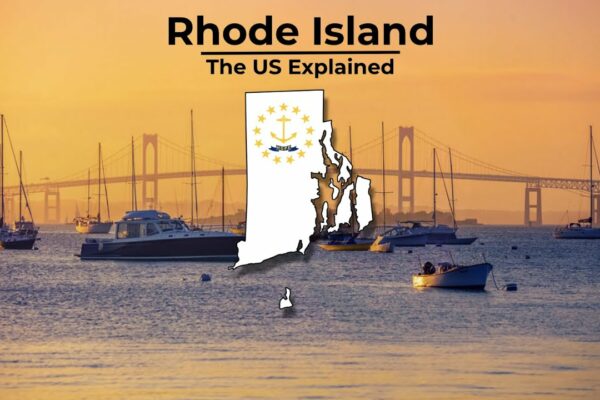
What factors contributed to Rhode Island becoming a refuge for refugees?
Rhode Island’s status as a refuge for refugees can be attributed to several key factors. Firstly, the state’s historically welcoming attitude towards immigrants has created a supportive environment. Additionally, its strong economy and diverse job opportunities have made it an attractive destination. Furthermore, Rhode Island’s extensive network of resettlement agencies and community organizations have played a pivotal role in facilitating the integration of refugees into society.






